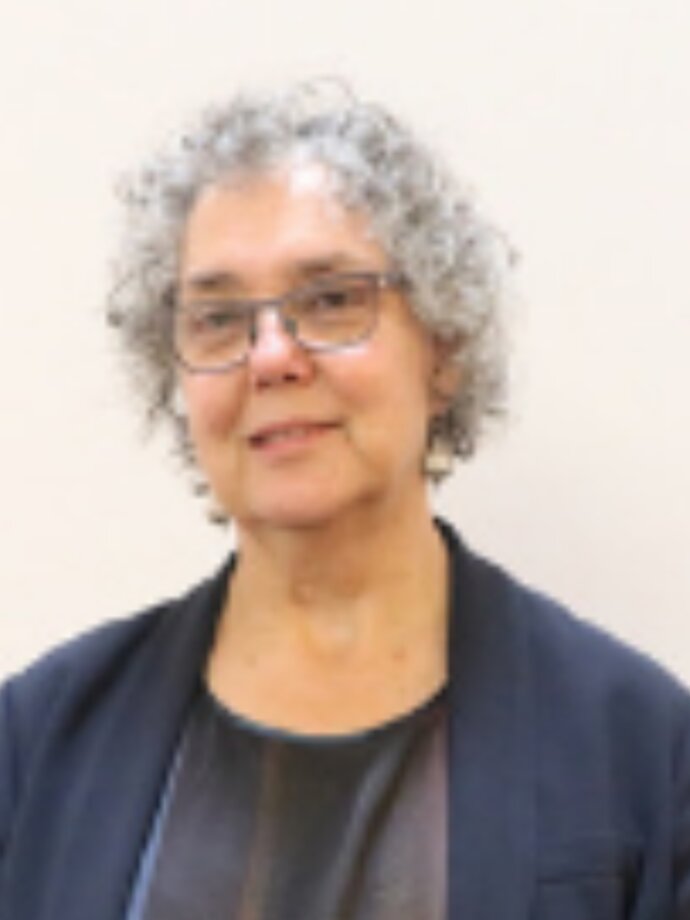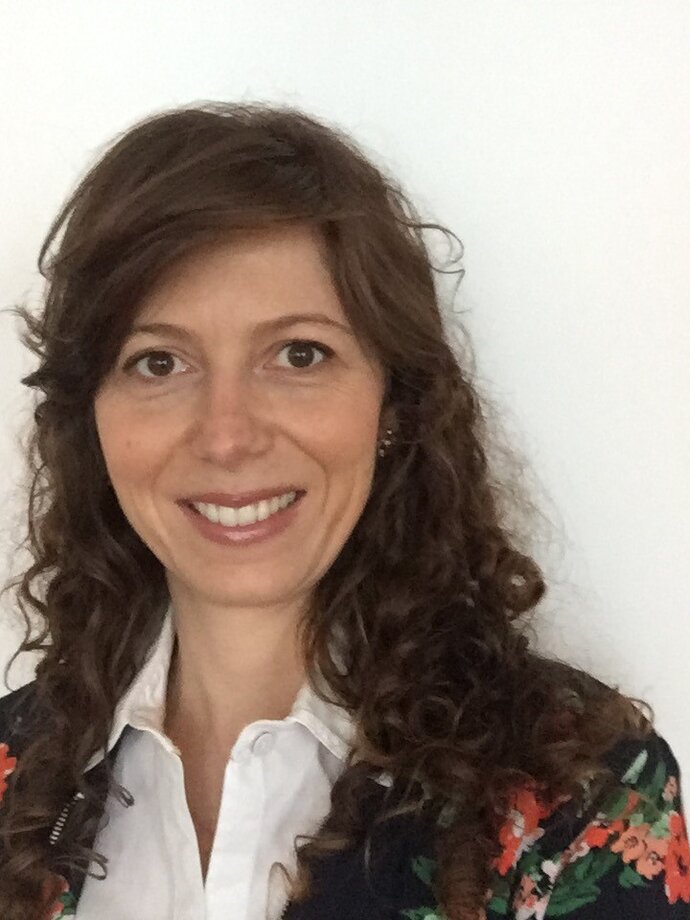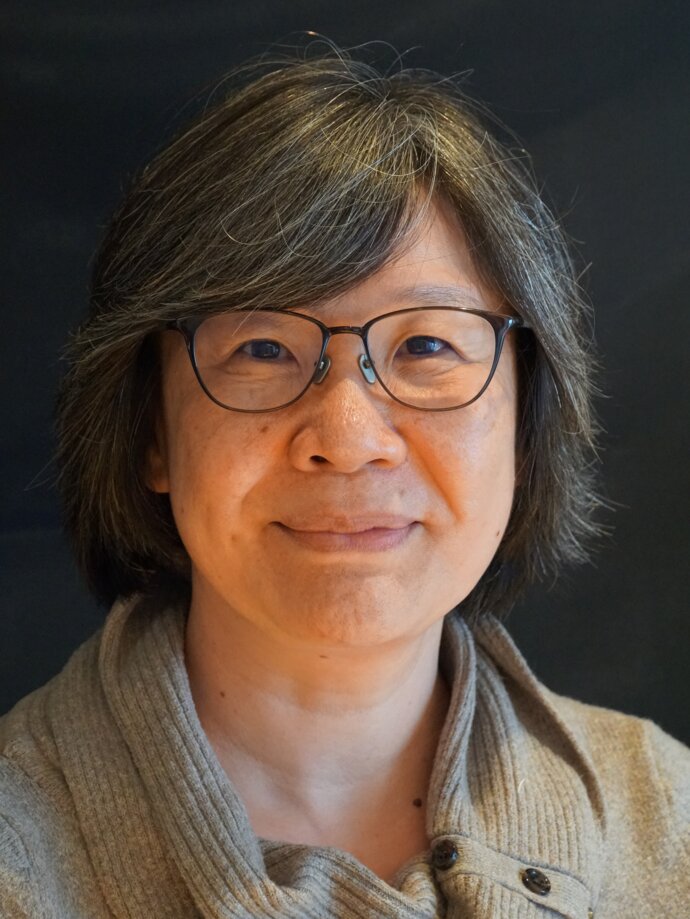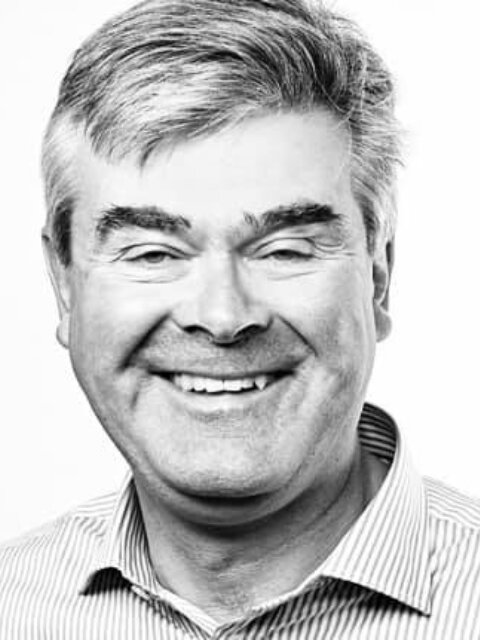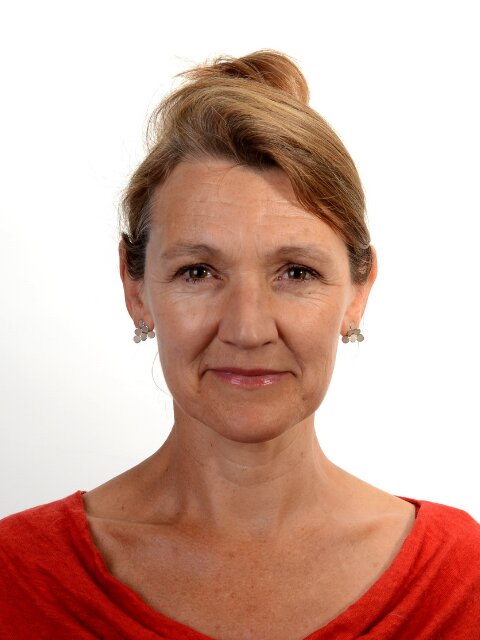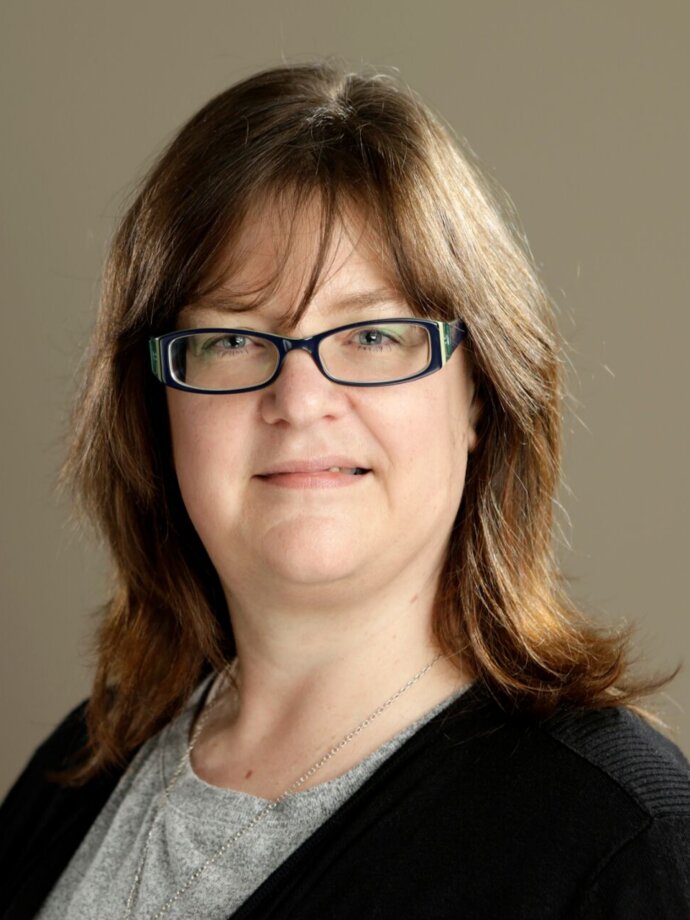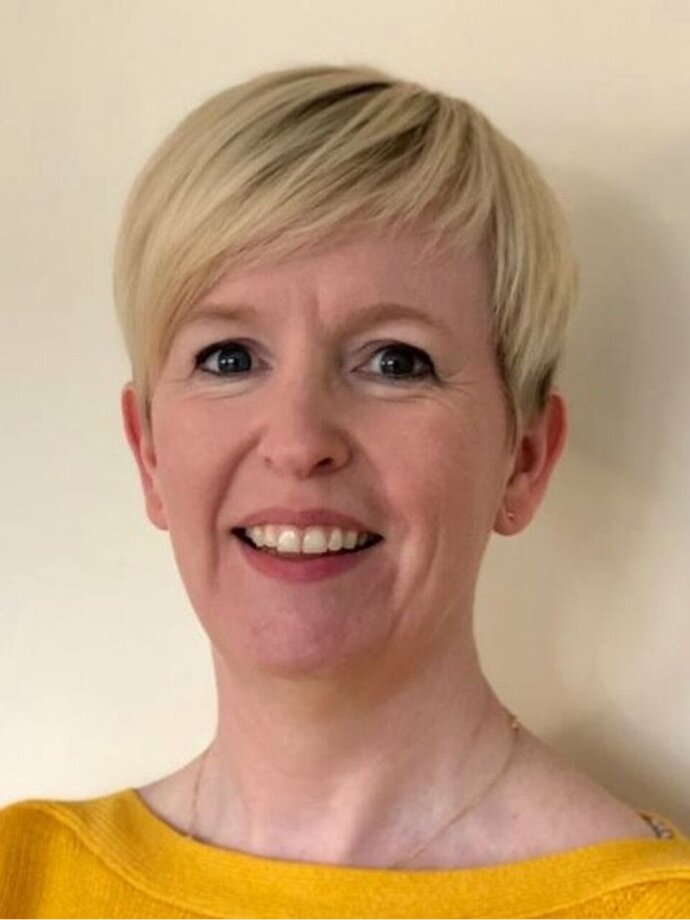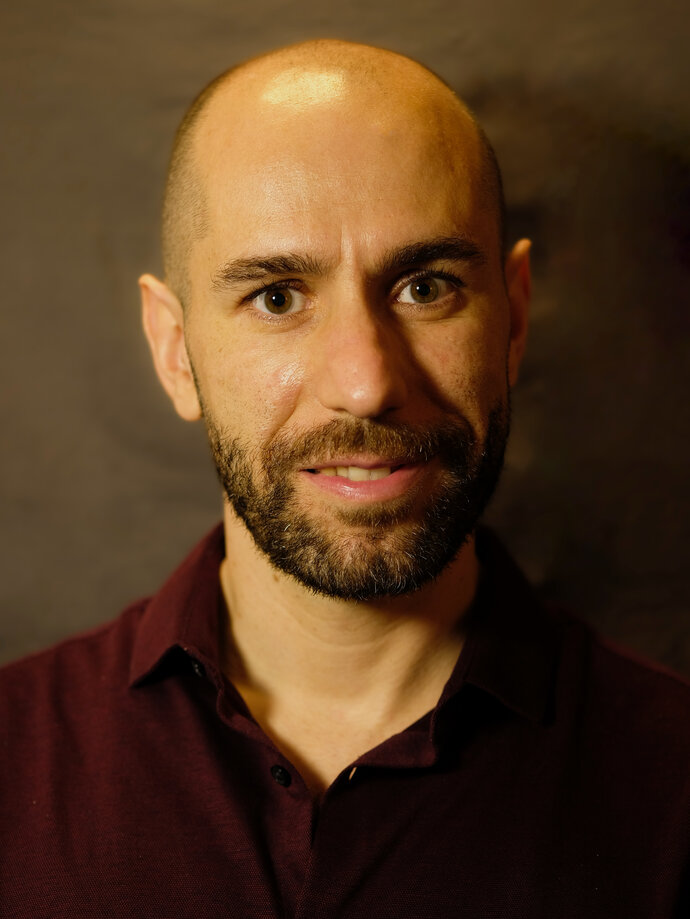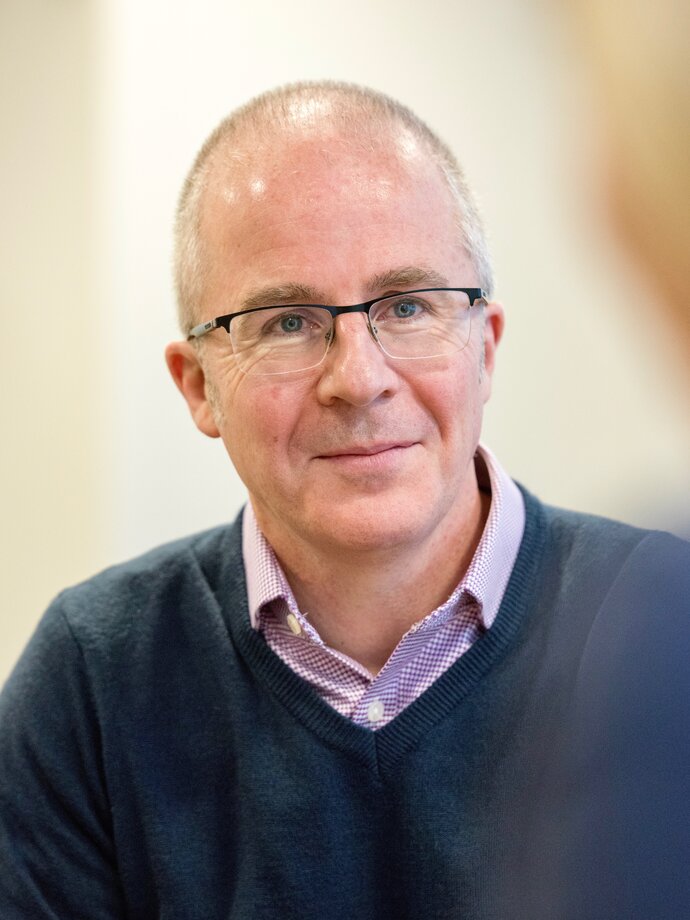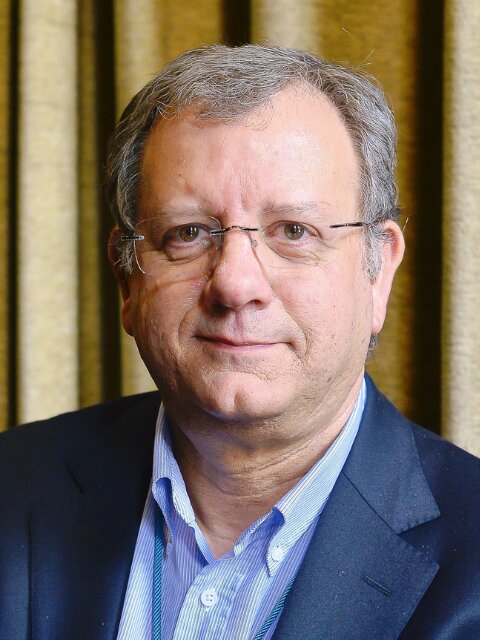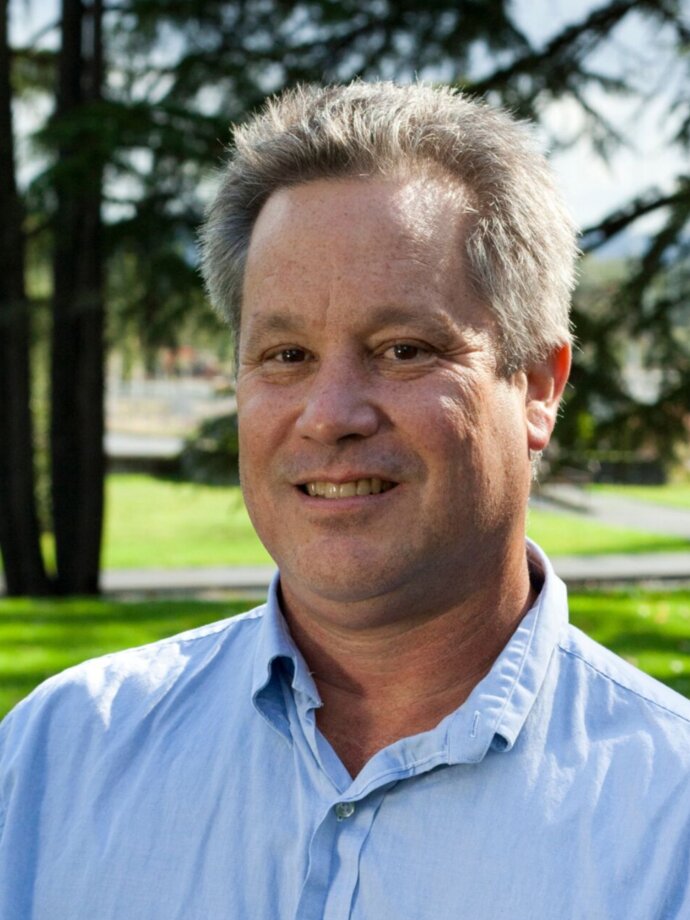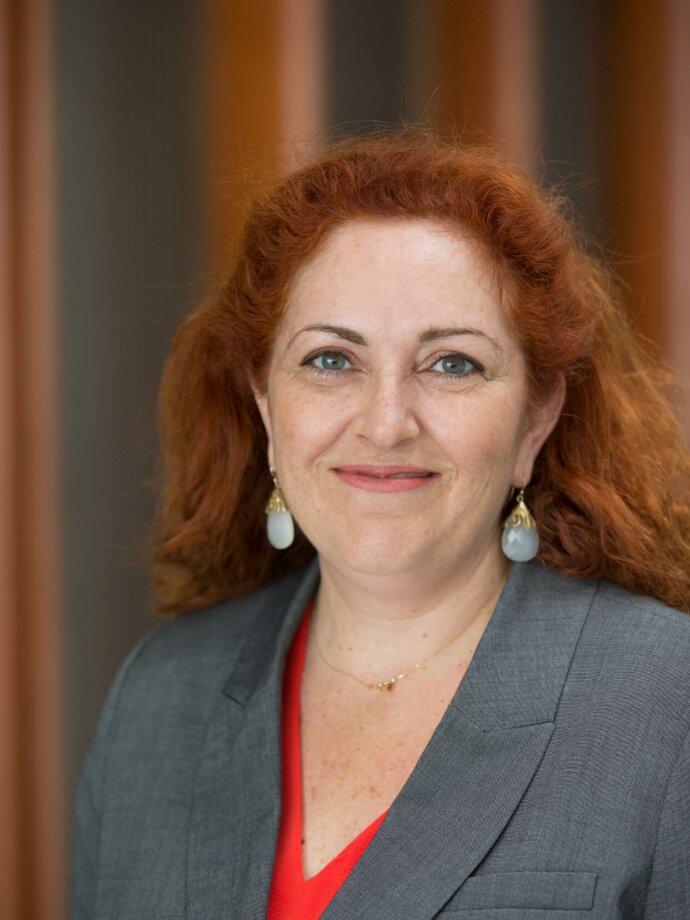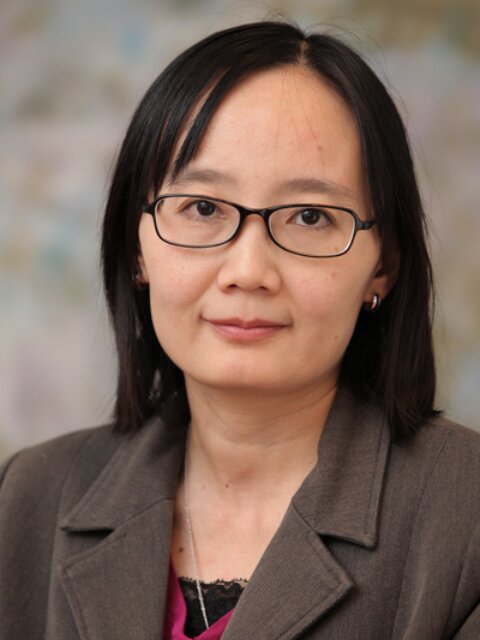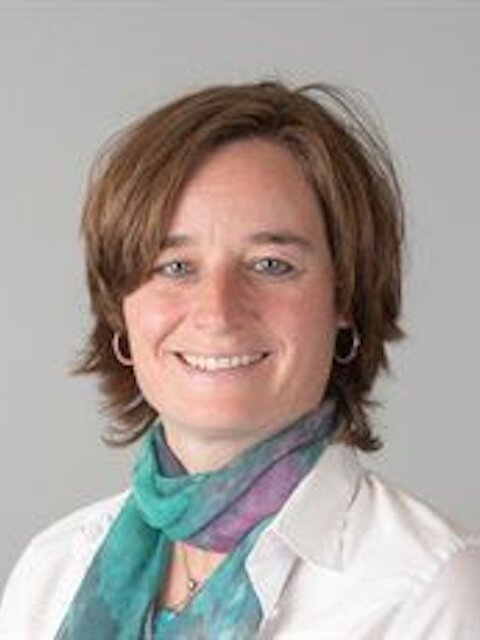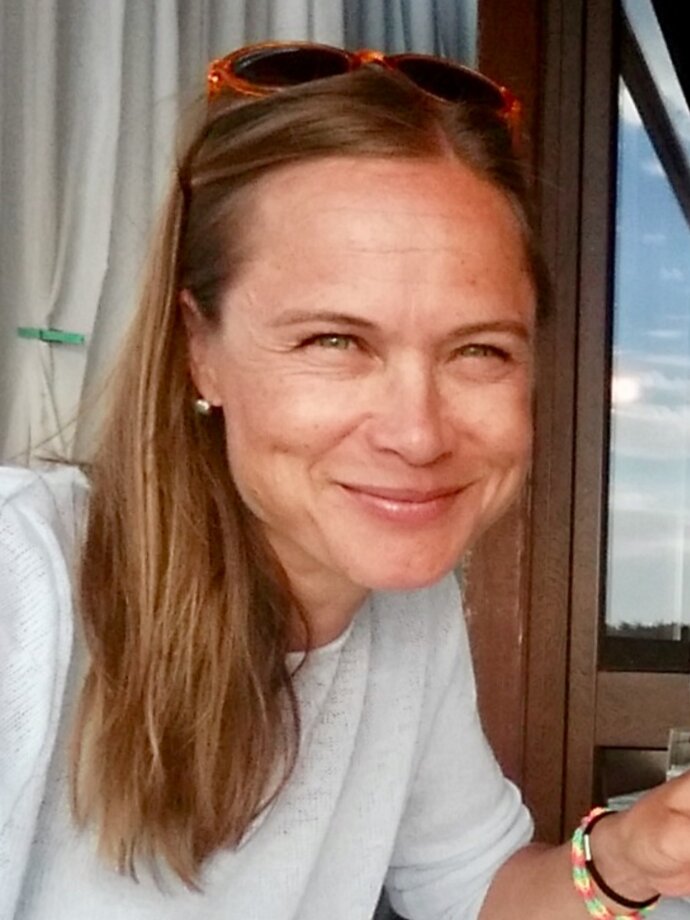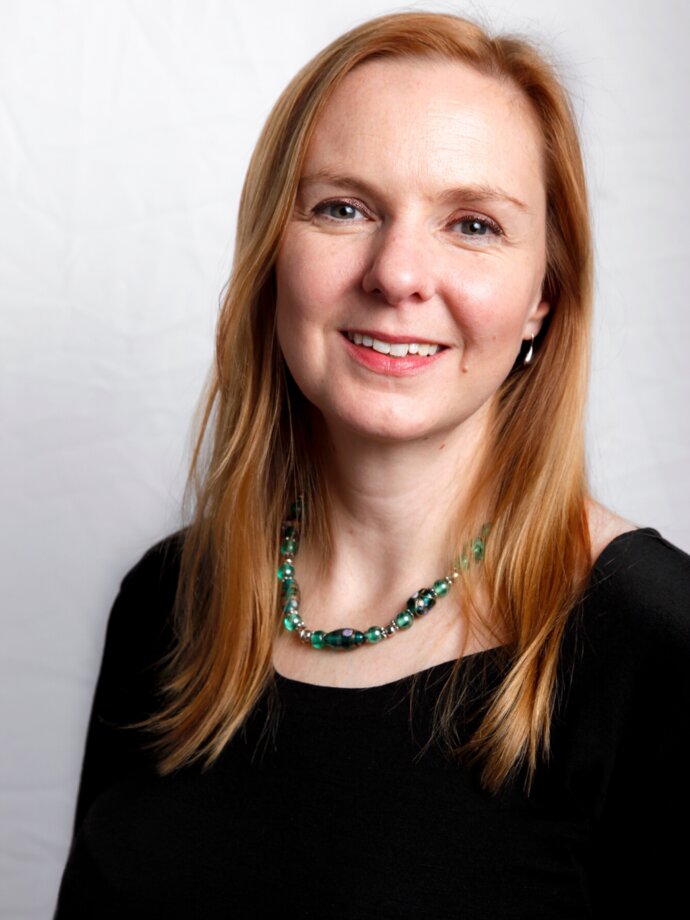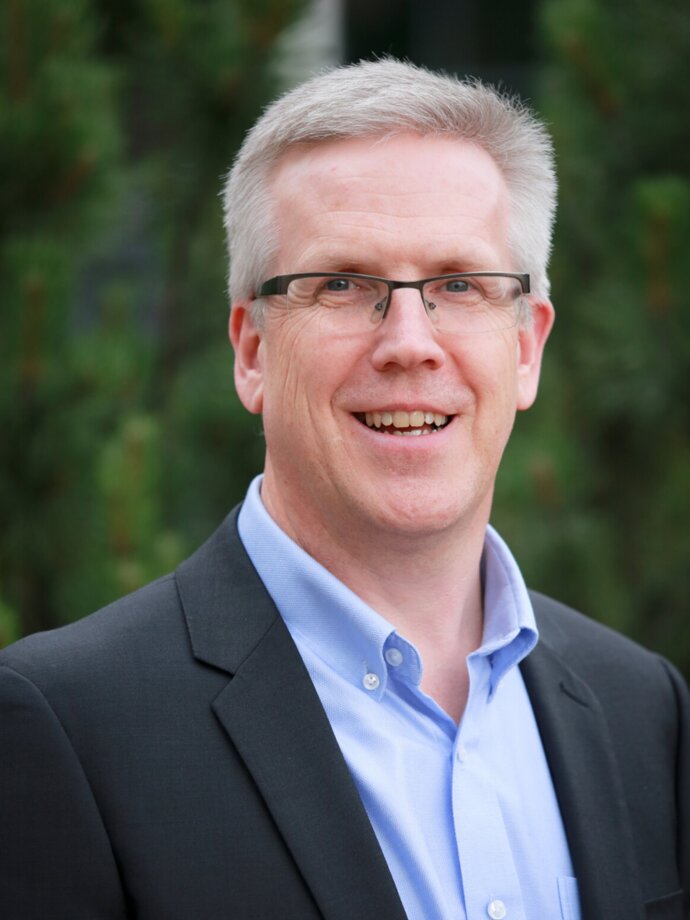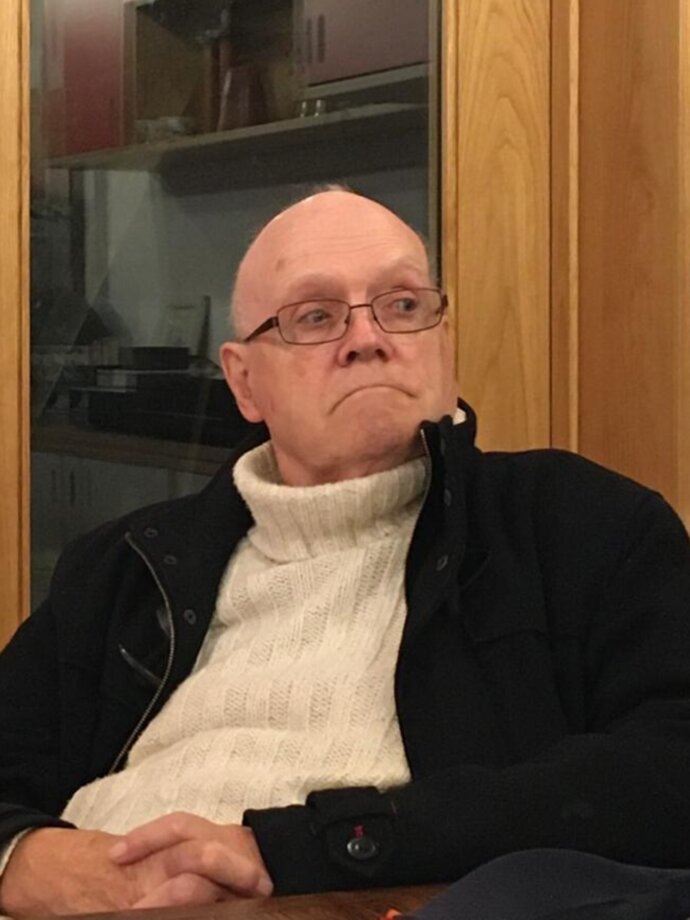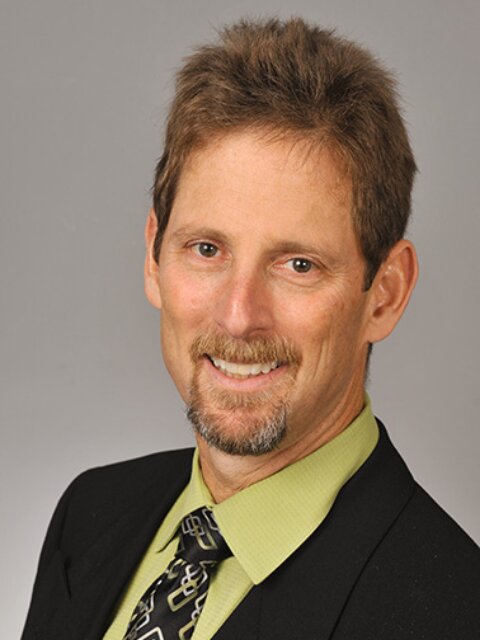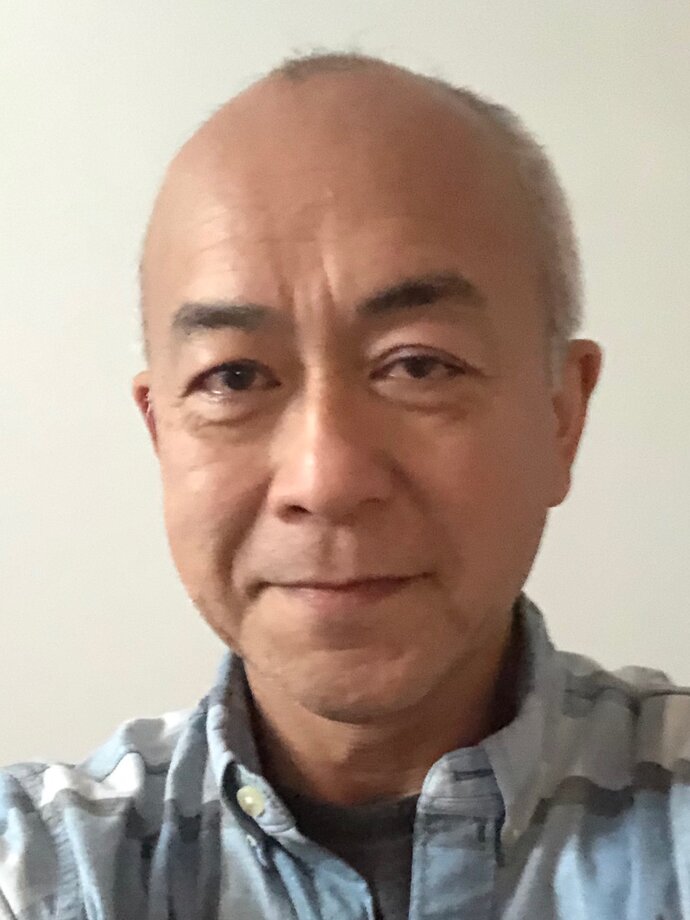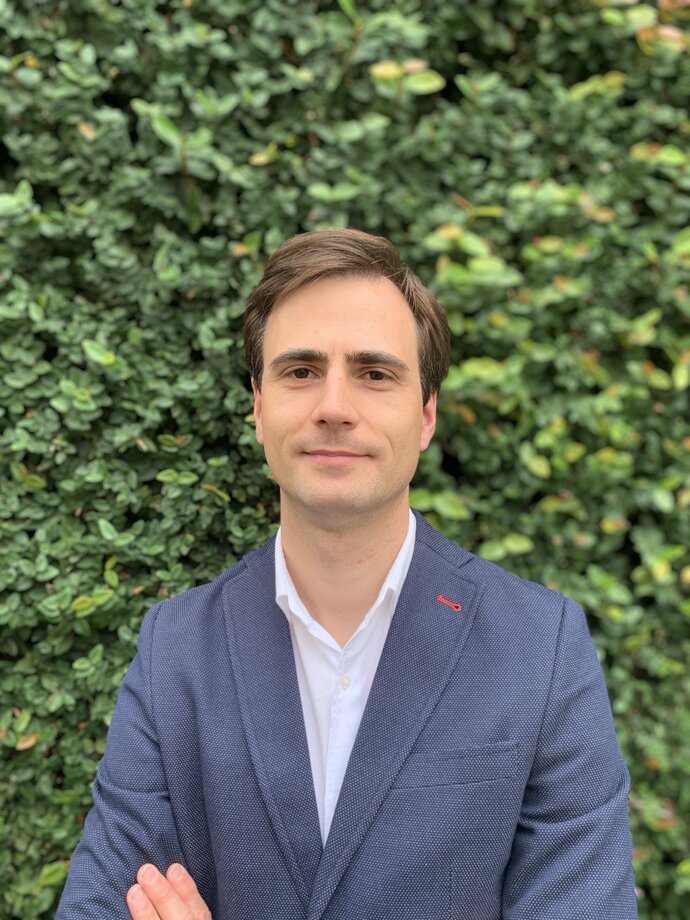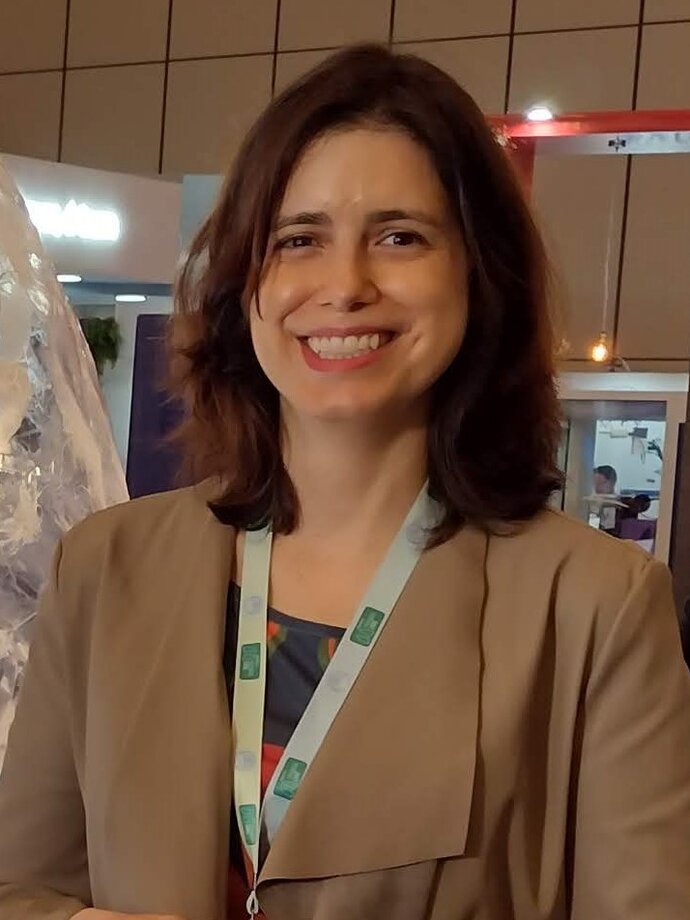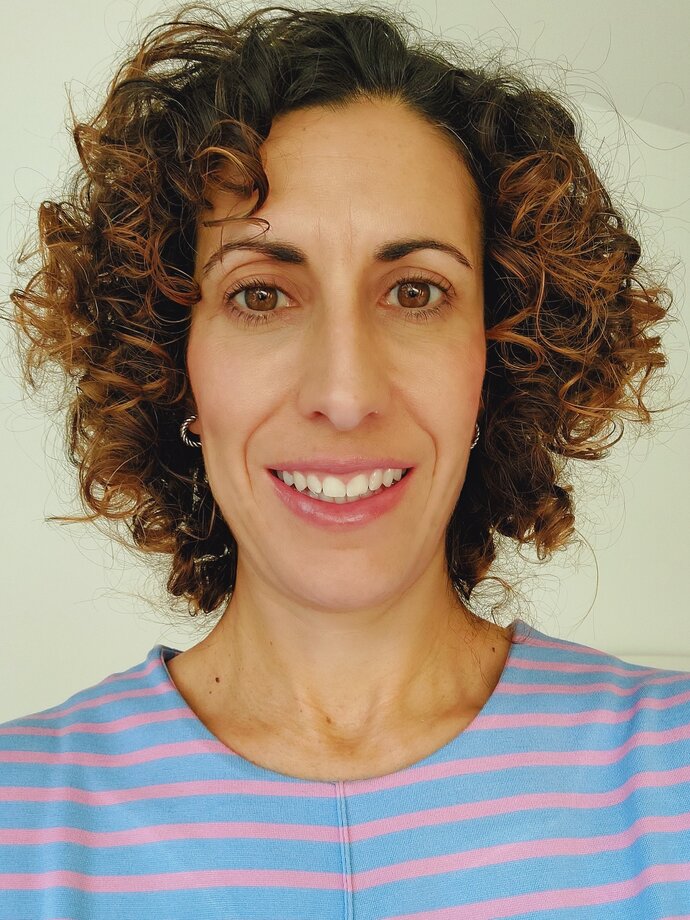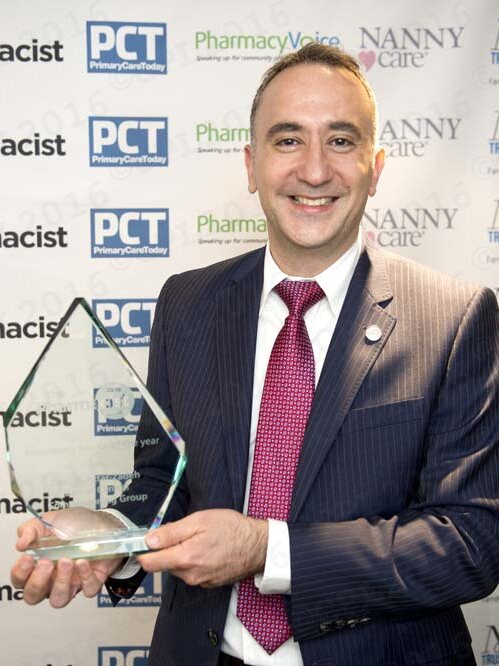Introducing the IPCRG
The International Primary Care Respiratory Group (IPCRG) is a clinically-led charitable company, non-governmental organisation, that works locally in primary care and collaborates globally to improve respiratory health. Our vision is that, through universal access to the right care, everyone can breathe and feel well.
We are an alliance of 39 national primary care respiratory organisations, reaching over 160,000 GPs and other professionals working in primary care settings around the world. We are also a community of practice, collaborating globally on real life respiratory research, implementation science and innovation, and exchanging knowledge about best practice and impact.
We advise the World Health Organization (WHO) as the primary care representative on the WHO-convened network GARD, and WONCA, the global family doctor association, extend academic learning into communities, develop global collaborative networks, and lead in the promotion of a culture of critical inquiry and public reasoning about the best ways to deliver effective respiratory care. We have our own journal, published by Springer Nature, npj Primary Care Respiratory Medicine which includes summaries of international guideline strategies for asthma and COPD for primary care.
Our mission, vision and scope

Our mission is to work locally in primary care and collaborate globally to improve respiratory health.
Our vision is of a global population breathing and feeling well through universal access to right care.
Our scope is research and education on improved primary prevention, recognition, diagnosis, treatment and palliation of non- communicable respiratory diseases, such as asthma and COPD, and respiratory infection in community and primary care settings. This includes symptoms such as cough, wheeze, and breathlessness; treating tobacco dependence and encouraging physical activity.
Taking a primary care perspective includes mental health and psychological interventions and helping patients manage multiple morbidities. It also means working with whoever delivers care in the frontline eg GPs, family physicians, nurses, pharmacists and community health workers and enabling them to deliver the 90% of care over a person’s lifetime which the WHO states is possible with quality primary care.
It also means taking a population and holistic approach to make the best use of scarce healthcare resources and personal energy and time.
